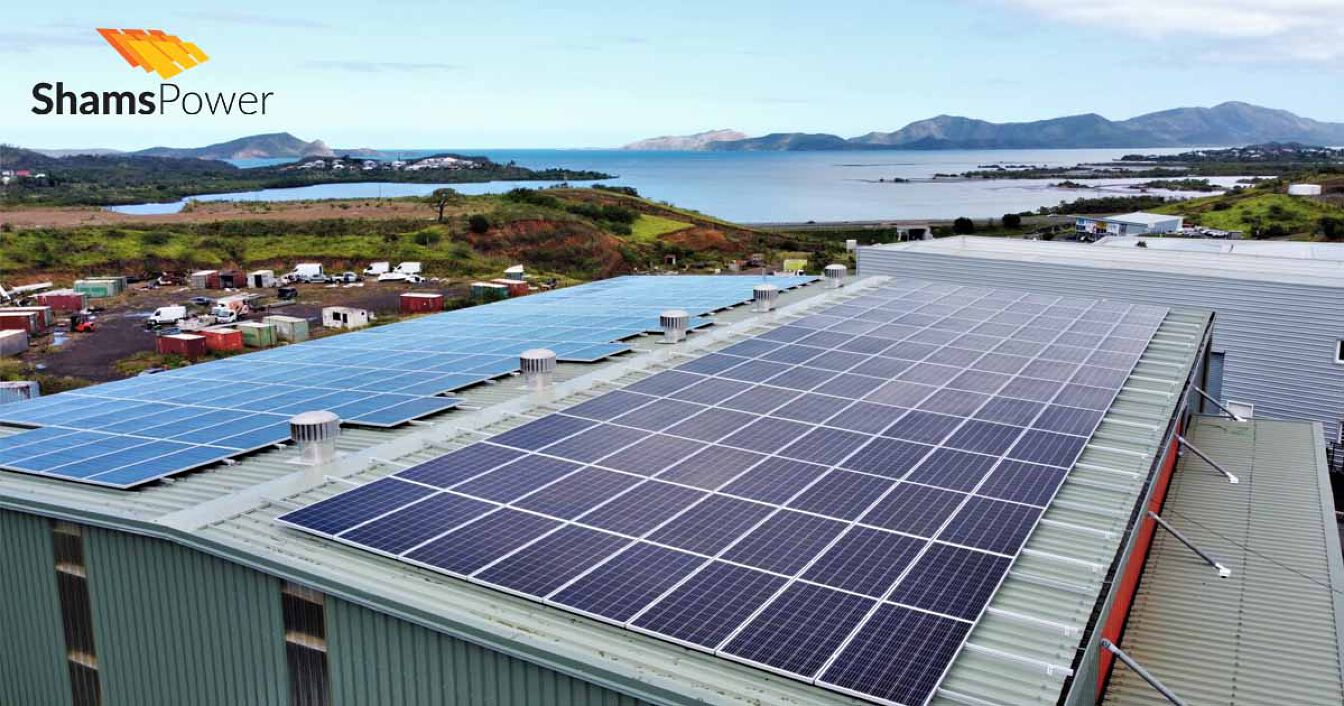Shams Power: A Commercial Solar Guide for Businesses Who Want to Switch to Solar
Business owners are increasingly seeking to reduce operating costs and demonstrate environmental stewardship through clean energy. Solar is a great way to do both.
A cash purchase is the most cost-effective option and allows businesses to take full advantage of available tax credits. Learn how you can break even on your commercial solar project in as little as 3 years.
What is Solar?
Solar is an infinite renewable energy source that helps businesses save money and increase the value of their property while contributing to a healthier planet. Businesses can choose from a variety of commercial solar installations, including rooftop or carport-mounted systems.
The main benefit of switching to solar is the ability to avoid rising electricity prices. Additionally, solar can help businesses meet their environmental, social, and governance (ESG) goals. Many employees also prefer to work for sustainability-minded companies, so going green can help businesses attract and retain top talent.
Although solar is a cost-effective option, the initial investment can be daunting for businesses. However, there are several subsidies available that greatly reduce the upfront cost of a business’s system. These incentives can include state and federal tax credits, lease programs, and third-party ownership options. Additionally, businesses can write down the costs of their solar systems over time using MACRS depreciation. This allows them to reap the financial benefits of their investment even faster.
Solar Panels
The solar energy industry consists of many different components, but the backbone is the commercial solar panels that turn sunlight into electricity. These solar modules are a cost-effective alternative to purchasing commercial power from your utility company, allowing you to save on your electricity bill while helping the environment.
Unlike traditional electricity sources, solar energy is a clean source of energy that does not emit pollutants or greenhouse gases. This makes it a greener, more sustainable option for your business, which is important to consumers. In fact, a 2021 study by PwC found that customers and employees prefer to support businesses that take a stand for sustainability.
Another benefit of commercial solar is that it reduces your dependency on the local power grid, making you less susceptible to sudden electricity rate increases. This can be a major relief for businesses that have to manage tight cash flow and are concerned about being hit with costly power outages.
Solar Inverters
Choosing the right inverter for your solar panel system is an essential step. A solar inverter is what takes the direct current (DC) electricity generated by your panels and converts it to alternating current (AC) power that is used by appliances and other devices.
Microinverters are one of the most popular inverter options. These are placed on the back of each solar panel and monitored individually, meaning that shaded or unsuitable panels don’t reduce performance. They also provide a warranty of 25 years.
A central inverter is a larger unit that’s generally used for systems that are more than a few hundred kW in size. They resemble large metal cabinets and handle many kilowatts at once.
Another function of solar inverters is to ensure that electricity is not transmitted into external power lines – protecting any line workers who might be checking or repairing the grid. It’s also an important factor if you want to use your solar panel system for grid-forming in conjunction with backup batteries.
Solar Panel Installation
Businesses that switch to solar are taking control of their power supply. This provides them with a hedge against electricity price volatility and stabilizes their cash flow. It also allows them to attract employees and customers who care about the company’s environmental impact.
The first step in the solar installation process is to find an area that can host your system. This can be on your roof, in a field, or on a ground mount. It’s important to choose a location that is safe, free of debris, and at the right elevation or plain terrain.
Once the permits are in place and the equipment has been ordered, the physical work can begin. Depending on the installer, this can take a few weeks.
It’s a good idea to comparison shop for contractors before choosing one. You can find reputable solar companies by looking at customer reviews, certifications, and Better Business Bureau profiles.


.jpg)

Comments
Post a Comment